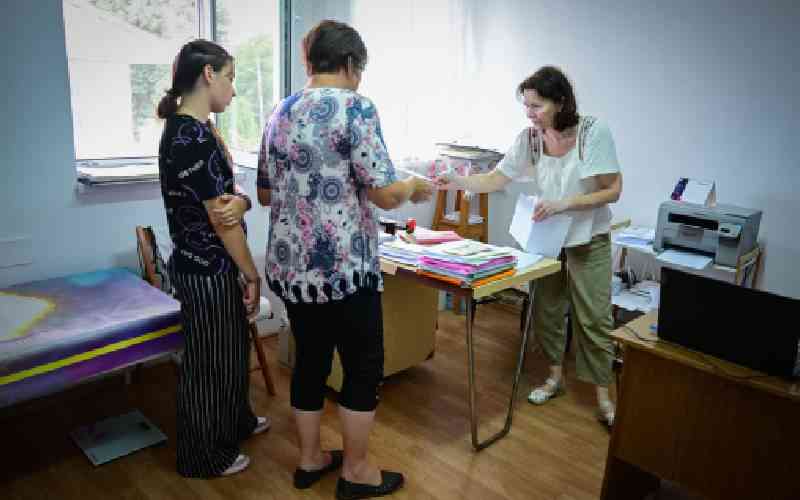Romania is grappling with a severe measles outbreak, with health workers racing to combat vaccine mistrust in the country’s rural areas. The measles epidemic, which has reached a 25-year high in Europe, has seen Romania account for the majority of the cases 13,000 out of the 18,000 reported in the European Economic Area over the past year.
In remote villages across northeastern Romania, epidemiologists are working tirelessly to educate communities on the importance of immunisation. However, they are frequently met with hesitation and fear from parents who question the safety of vaccines. Despite the overwhelming scientific consensus disproving any connection between vaccines and autism, rumours and misinformation continue to deter many from seeking protection for their children.
The measles virus, known for its highly contagious nature, causes fever, respiratory symptoms, and rash, but can escalate to severe complications such as pneumonia, brain inflammation, and even death. Romania recorded eight measles-related fatalities in the last year. Yet, public perception remains clouded by online misinformation, much of which has intensified since the Covid-19 pandemic.
With just 62 percent of the population vaccinated far below the 95 percent coverage recommended for herd immunity Romania holds the lowest vaccination rate in the EU. Free vaccination programs are in place, but immunisation is not mandatory, leaving it to the discretion of parents. This voluntary approach, coupled with vaccine shortages, inadequate healthcare funding, and widespread mistrust in authorities, has left many communities vulnerable.
Health professionals have expressed frustration at the uphill battle they face. Conversations with hesitant parents often lead nowhere, as deeply rooted fears and myths override medical advice. While efforts continue, many doctors are not optimistic about quick improvements in the vaccination rate.
Complicating matters is the political climate, where far-right parties have leveraged public discontent over pandemic restrictions to fuel anti-vaccine rhetoric. Influential figures have publicly advocated for parental choice over immunisation, further weakening public trust.
Calls are growing for the implementation of stricter measures, including making childhood vaccinations a requirement for school attendance. Though controversial, such policies are seen as essential to reversing the current trend and protecting public health.
Health officials stress the urgency of rebuilding public trust and countering the sophisticated misinformation campaigns that have contributed to the crisis. The battle against measles in Romania is not only medical but also deeply rooted in social and political challenges.

